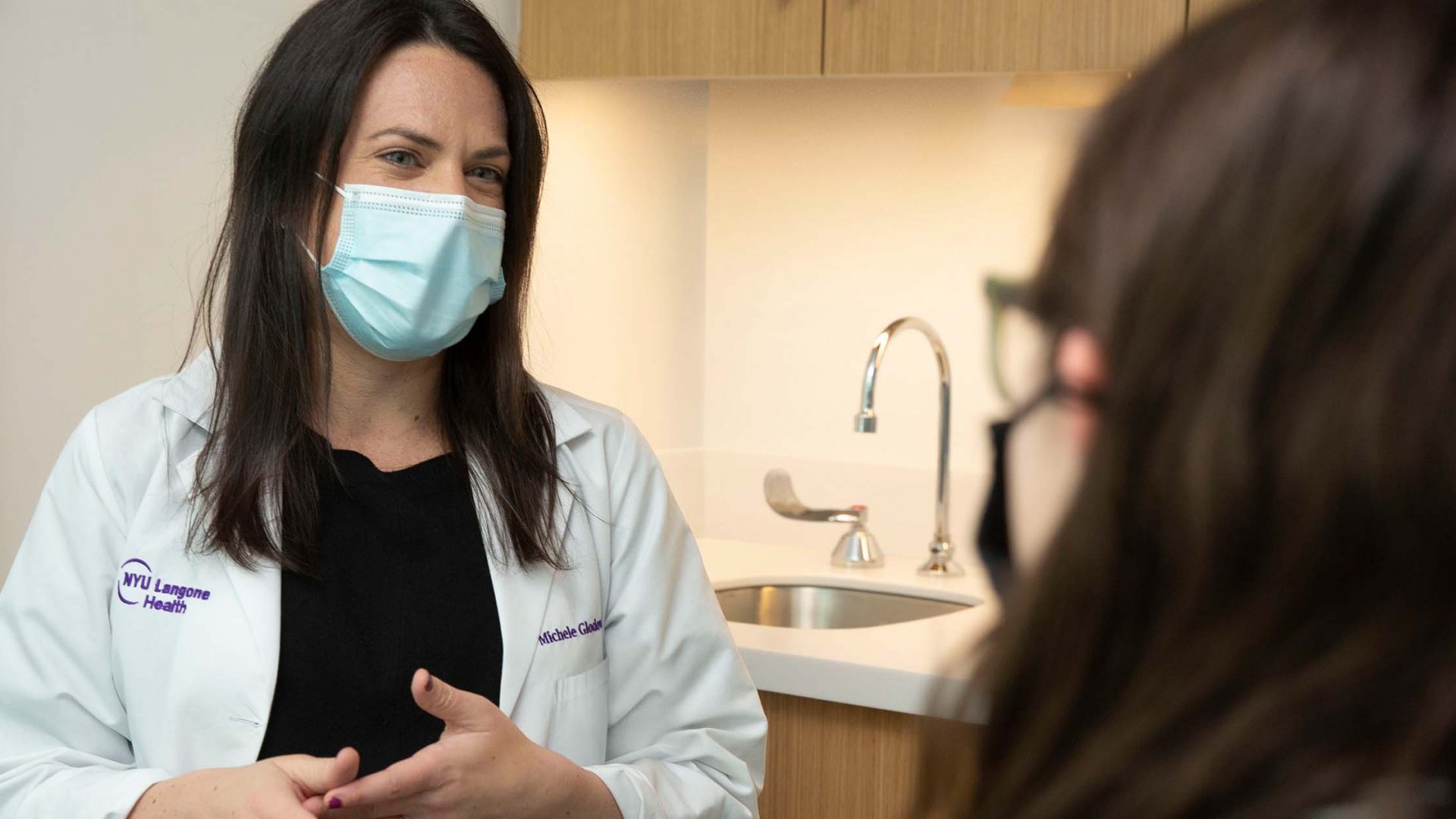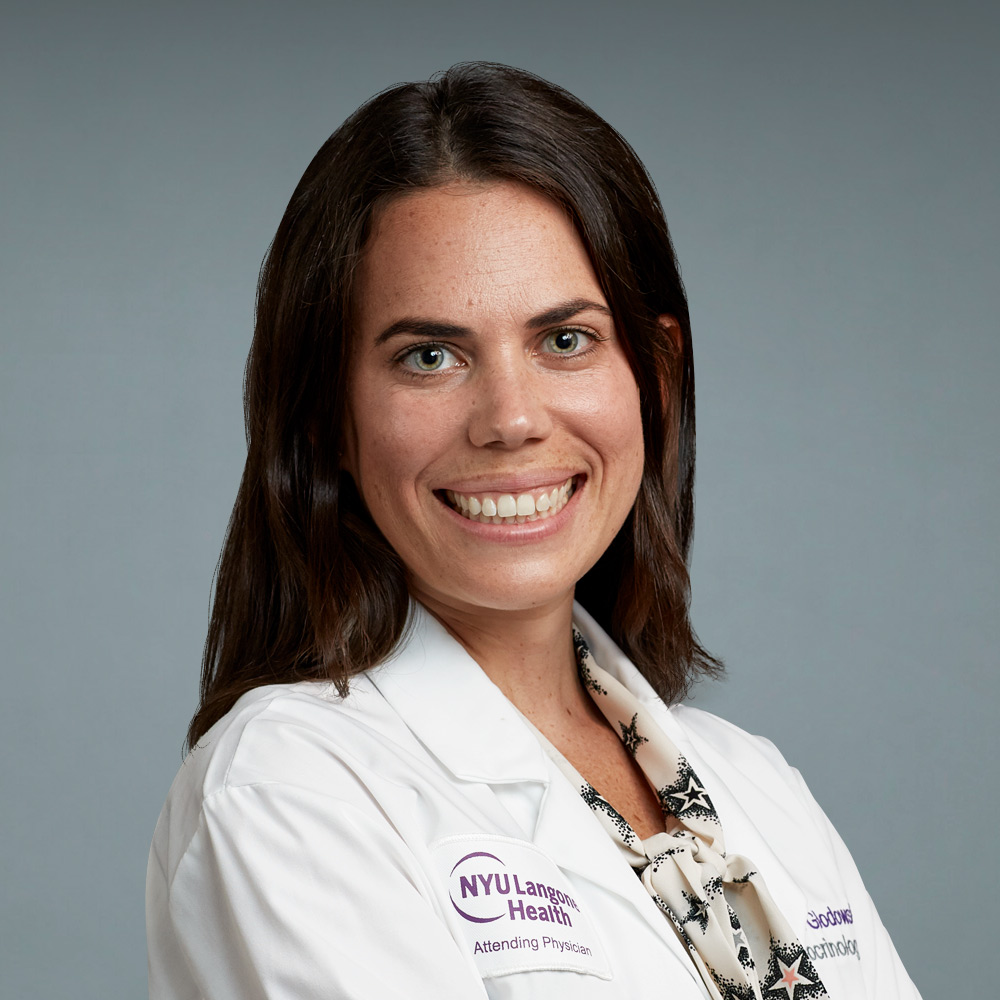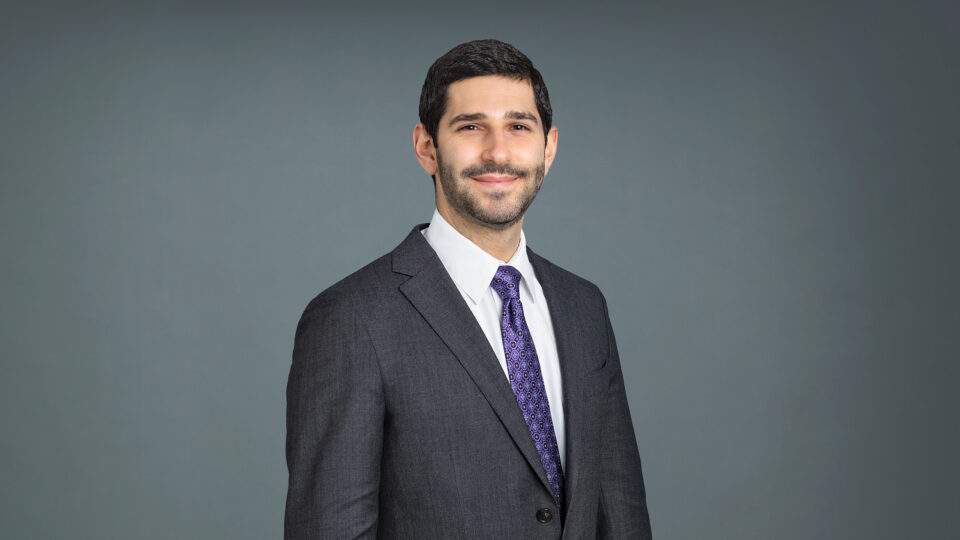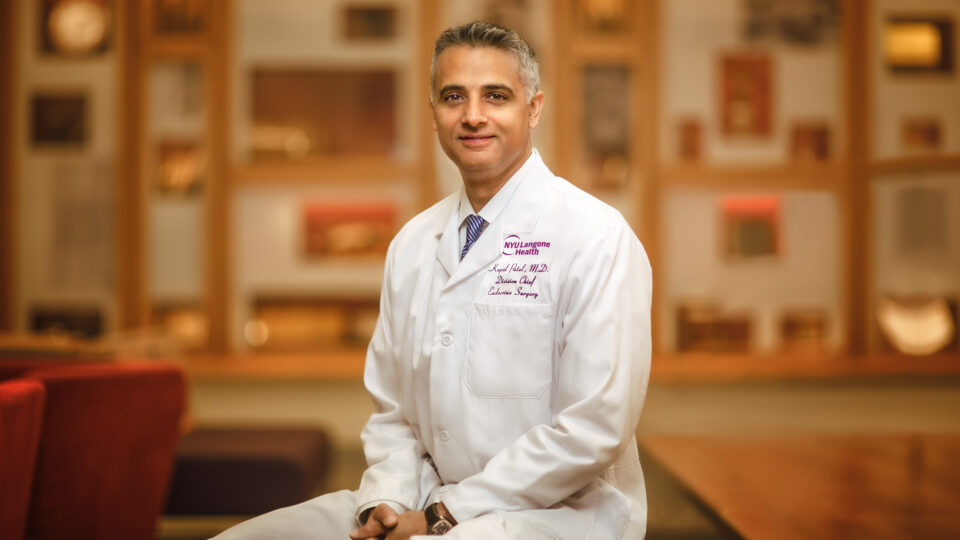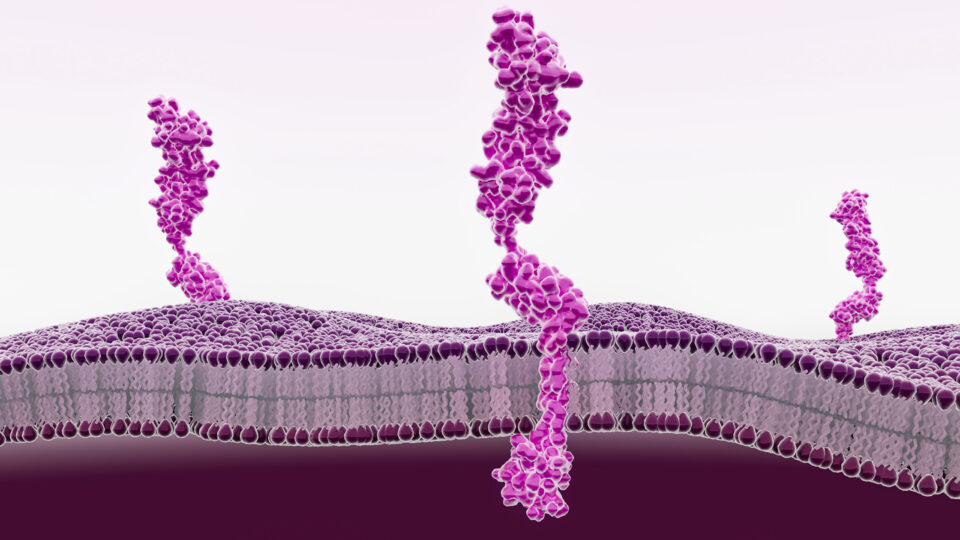Specializing in transgender endocrinology, Michele B. Glodowski, MD, adds uncommon expertise to NYU Langone Health’s comprehensive transgender health program where she runs the gender-affirming hormone therapy clinic. Here, she discusses the evolving landscape of hormone therapy, the need for studies that capture the diverse concerns of transgender and gender diverse patients, and strategies the clinic is pursuing to advance individualized care.
A Role for Progesterone in Feminizing Hormone Therapy
Physician Focus: A combination of estrogen and anti-androgens is the most studied regimen for feminizing hormone therapy, and there is controversy regarding the inclusion of progesterone. Any developments regarding the benefits versus risks of progesterone?
Dr. Glodowski: Unfortunately, we’re still in need of bigger and better studies.
The safety data that we have for progesterone, which points to concerns regarding the risk of breast cancer and cardiovascular disease, is based off studies in postmenopausal cis women with a mean age of 65. We’re missing specific data for our patient population on both benefit and safety.
Keeping that in mind, for most young, healthy patients, it’s probably safe. So we’re using it pending better studies.
Assessing Metabolic Changes in Non-Binary Transmasculine Patients
Physician Focus: Is your clinic involved in any current studies?
Dr. Glodowski: We are doing a small retrospective cohort study assessing metabolic changes in non-binary transmasculine patients.
There’s a lot of data, mainly from Europe and the Netherlands, looking at metabolic changes in transgender men and finding increases in blood pressure, cholesterol, and weight. There have been few studies with gender non-binary patients who are on lower doses of testosterone. We wonder if it makes a difference, especially when thinking about the uterine lining or abnormal uterine bleeding.
Our study is looking at a number of metabolic parameters in non-binary transmasculine patients at our clinic before starting hormone therapy and then after.
Expanding Access to Gender-Affirming Hormone Therapy
Physician Focus: What elements are important when building a gender-affirming hormone therapy clinic?
Dr. Glodowski: Our program has several unique strengths. The first is that appointments at our clinic are reserved specifically for patients seeking gender-affirming hormone therapy. As general endocrinologists and primary care doctors, we have many patients looking to schedule with us. Establishing a dedicated clinic helps those seeking gender-affirming hormone therapy access that specialized care now.
“Establishing a dedicated clinic helps those seeking gender-affirming hormone therapy access that specialized care now.”
Michele B. Glodowski, MD
The other strength is our experienced surgeons. Our team performs more than 550 gender-affirming surgeries each year. From plastic surgeons to urologists, we have surgical expertise available to help with those components of their care.
A Unique Area for Individualized Care
Physician Focus: Given the unique need for a personalized approach in transgender health, what are you learning at NYU Langone about delivering that level of individualized treatment?
Dr. Glodowski: I can’t highlight enough how important it is in this field to have an individualized and patient-centered approach. For a patient who identifies as gender non-binary, we might target a different testosterone level, or they might remain on testosterone for varying amounts of time. For a transfeminine patient for whom erectile function is important, we might target a slightly higher testosterone level.
At our clinic, we establish goals and expectations upfront so that we’re all on the same page. We’re also flexible. If goals change, we can change the regimen.
Training Early-Career Physicians in Transgender Health
Physician Focus: How do you see training and education moving forward in this rapidly evolving area?
Dr. Glodowski: Educating future endocrinologists and doctors is a key step to expanding access to transgender care. Even if you’re not going to be providing hormone therapy, you should have a basic understanding of transgender health no matter what you specialize in. For example, if you’re a breast cancer surgeon, you will see a patient who is transfeminine or transmasculine and you should understand each patient’s individual risk.
“Even if you’re not going to be providing hormone therapy, you should have a basic understanding of transgender health no matter what you specialize in.”
We have a strong group of fellows in the endocrine division who rotate through our clinic. In addition, medical students, residents, or other fellows with a particular interest in hormone therapy often shadow me as well.


